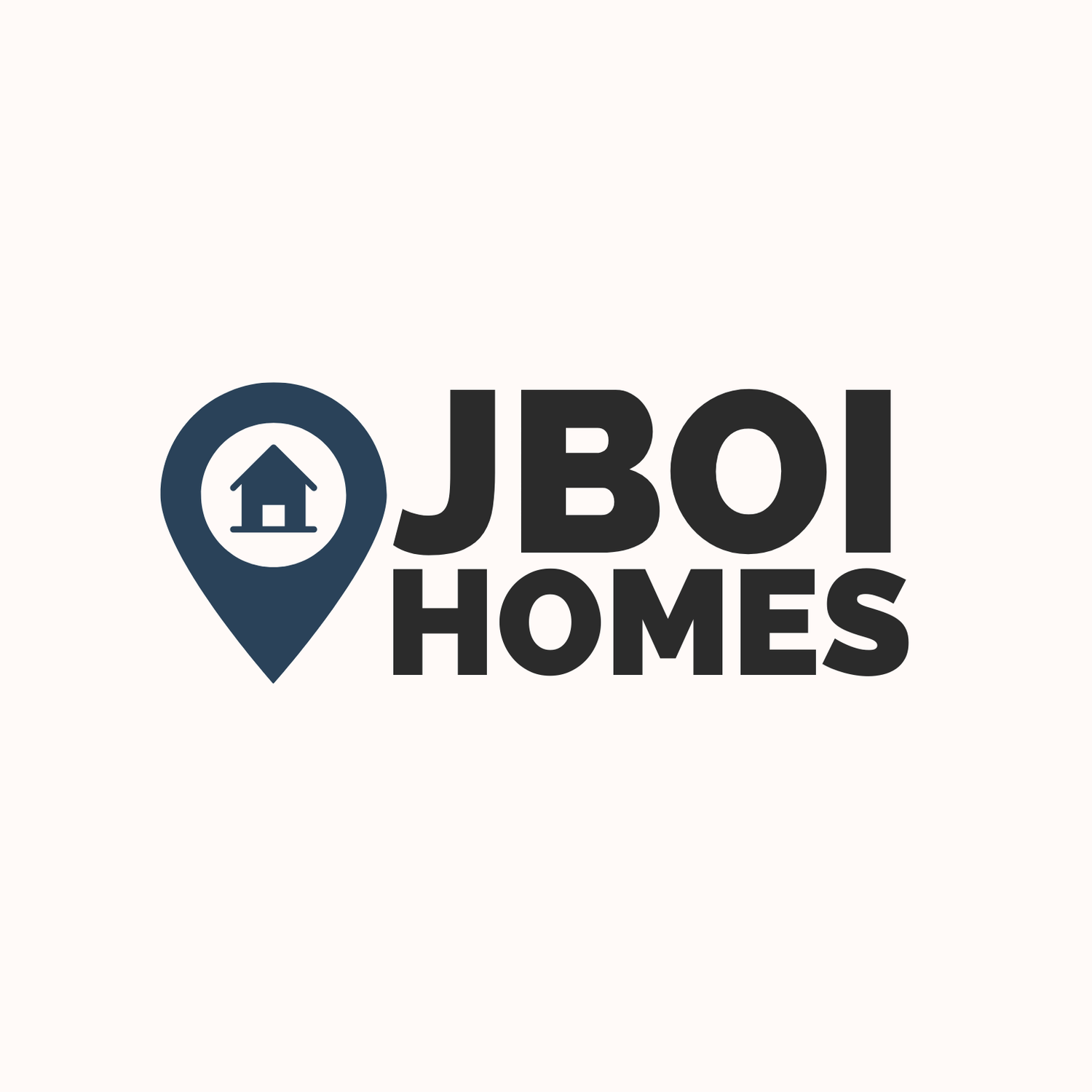Key Differences between Freehold and Leasehold Properties in Singapore
When considering any property in Singapore, it is important to understand the key differences between freehold and leasehold properties. While freehold properties are often preferred by homebuyers for reasons such as:
- Perceived government immunity (Cannot be taken back by Government)
- Intergenerational transferability (Can be passed down as an Asset)
- Generally has higher value
It is essential to explore the nuances of these perceived claims. In this article, we aim to breakdown the key differences between freehold and leasehold properties, providing a comprehensive understanding of the implications for potential buyers.
All HDB developments are all Leasehold
If you are considering purchasing a HDB Flat in Singapore, all HDB flat are by default 99-year leasehold properties. After the 99-year lease is up, the HDB flat is to be handed over to the landowner, essentially HDB. Subsequently, HDB will then surrender the land to the State. It is commonly misunderstood that the government is required to provide compensation upon the conclusion of the 99-year lease for HDB but this concept is not true at all.
Three Types of Tenures in Singapore
Before delving into the freehold versus leasehold debate, it is important to note that there are three primary types of tenures in Singapore namely:
1. Freehold
2. 99-year leasehold
3, 999-year leasehold.
999 Year Leasehold properties are often referred to in the market as “Same as Freehold” but that is not true either. A leasehold property will always be a leasehold and cannot be treated as Freehold even though having a very long lease like 999 years is an advantage sometimes. Understanding these distinctions lays the groundwork for a more informed comparison between freehold and leasehold properties.
Freehold VS Leasehold and its misconceptions in Singapore:
Leasehold Duration: The most apparent difference between freehold and leasehold lies in the duration of ownership. Freehold properties can be held indefinitely, while leasehold properties have a predetermined lease period. This countdown timer for leasehold properties can potentially impact their market value, making freehold properties appear more attractive. Contrary to common misconceptions, freehold properties are not immune to government acquisition or changes in tenure. Singapore's dynamic real estate landscape is characterized by rapid development projects making acquisitions and changes in tenure more common that you might think.
En Bloc Sales: Both Freehold and Leasehold properties could potentially undergo En Bloc Sales. Also know as a collective sale, this process involves bulk selling multiple property units to a shared buyer. In a typical en-bloc situation, all the units within a strata-titled development are collectively sold to a developer, and the resulting proceeds are distributed among the individual unit owners. Another common misconception is that freehold developments cannot undergo En bloc sales. In reality, if majority of the residents within a freehold development agree to an en bloc sale proposed by a developer, the sale can proceed, compelling homeowners to sell.
Cost of Property: Freehold properties typically come with a higher price tag compared to leasehold counterparts. The financial commitment of owning a freehold property can be substantial, especially with increasing interest rates and borrowing costs. However there are many leasehold developments that could cost more than freehold depending on many factors such as age, Location and other attributes of the development.
Market Value: While freehold properties are often perceived to have higher market value, location plays a pivotal role in determining a condo's worth. A leasehold condo in a good location with great attributes and a great developer track record may very well easily surpass the value of a freehold property in a less desirable area with poorer attributes.
Lease Decay: Every leasehold property will inevitably experience what is commonly referred to as “lease decay”. Lease Decay refers to the gradual decline in both the process and impact of a property nearing the end of its lease. For example, a property with only 30 years remaining on its 99-year lease will experience effects of lease decay at its strongest. Lease Decay is generally exponential and is better explained through this concept known as the Bala curve. As the lease approaches its end, the property's value will inevitably diminish to zero. The common assumption is that leasehold properties are not as valuable as freehold ones due to "lease decay." However, for most leasehold properties, if it has more than about 80 years left on its lease, its value remains comparable to a freehold property in a similar location with the same attributes.
Maintenance and Facilities: Freehold properties may require more maintenance and repairs as they age. Additionally, the value of a freehold property may be affected if it is situated in a less desirable location compared to newer leasehold developments that are built in desirable locations near amenities and communities.
Rental Yield: As far as rental yield is concerned, the tenure of a property has got little to do with it’s rental yield nor rentability. Contrary to the belief that freehold condos yield higher rental returns, tenants often prioritize factors like price, location, view and other physical attributes over property tenure. Leasehold and freehold condos in the same area with similar facilities and attributes usually command similar rental prices.
Choosing Between Freehold and Leasehold
Ultimately, the decision between freehold and leasehold condos depends on individual priorities and the purpose of purchasing these properties. Those who are seeking property appreciation and capital gains may prioritize location and upcoming government development plans, while those focused on intergenerational housing that can be passed down from generation to generation could weigh the advantages of freehold against the potential long term costs associated with it. In making this decision, careful consideration of personal preferences and property dynamics is key.
STILL NEED HELP?
Call Jboi for a free and non-obligatory consultation Session!
WhatsApp us +65 8923 1508 or Email us jboihomes@gmail.com


